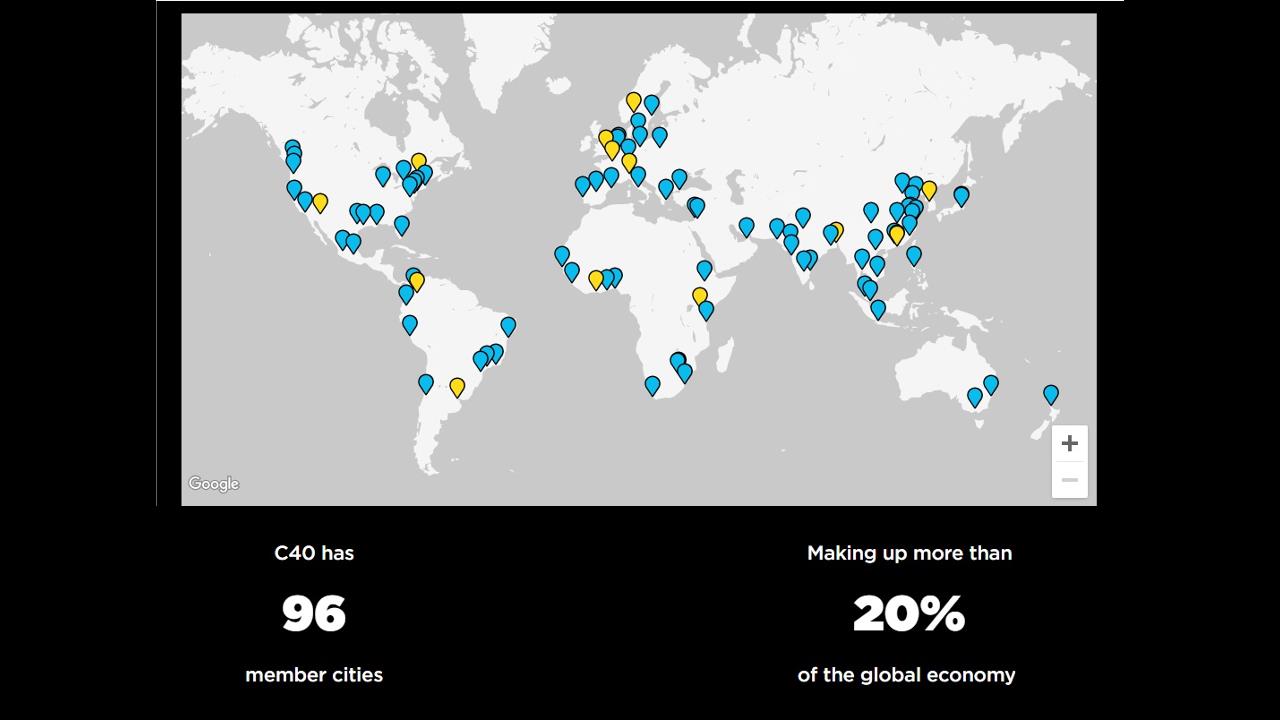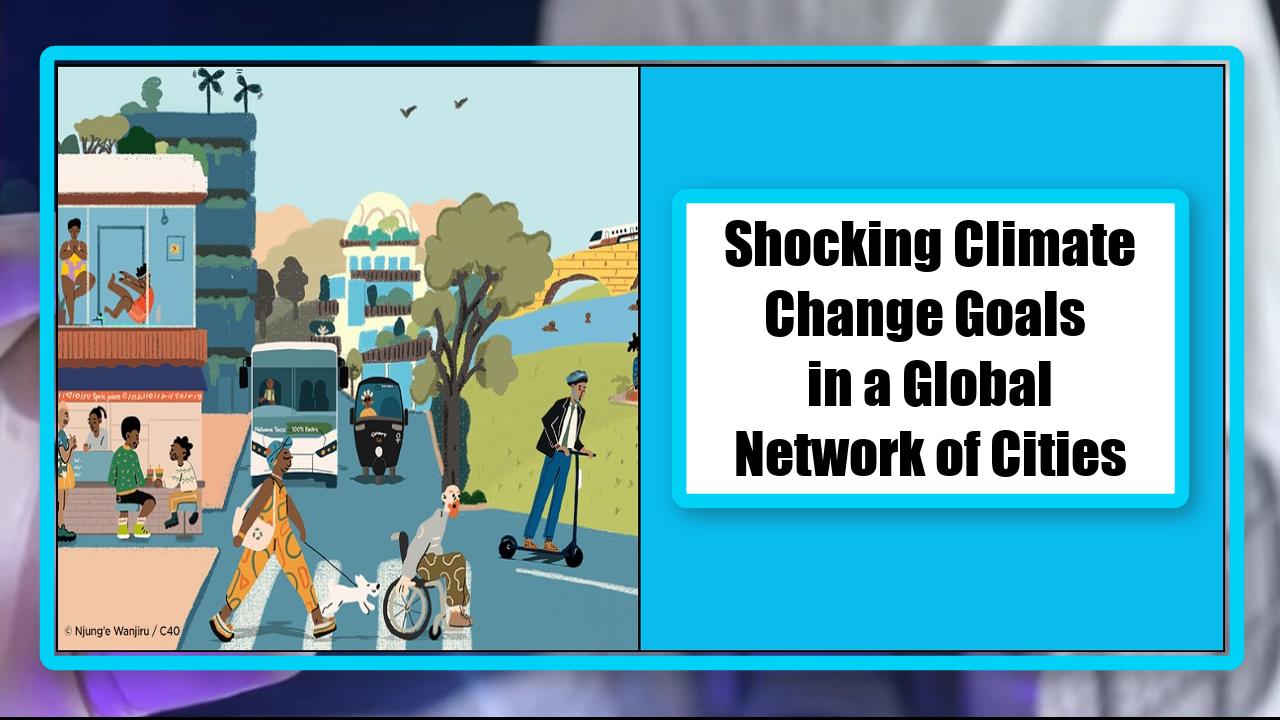Video:
Take our online poll:
AI Analysis:
Yes, it is possible for climate change regulations to be overly draconian or stringent to the point where the goals set cannot realistically be achieved or where the regulations have unintended negative consequences. There are several potential issues associated with overly aggressive climate change regulations:
1) Economic Impact: Overly stringent regulations can impose significant economic costs on businesses and individuals. This can lead to job losses, reduced economic growth, and increased costs for consumers. If the economic burden becomes too high, it may be politically unsustainable, leading to opposition to further climate action.
2) Technological Feasibility: Some regulations may require technologies or practices that are not yet mature or readily available. Pushing for rapid implementation of unproven or costly technologies can be challenging and counterproductive.
3) Social Equity: Aggressive regulations can disproportionately affect vulnerable and marginalized communities. For example, policies that lead to higher energy costs can be regressive, as they disproportionately impact low-income households.
4) Behavioral Change: Some regulations may rely on drastic changes in individual behavior that people may find difficult or unacceptable. Forcing rapid changes without public buy-in can lead to resistance and non-compliance.
5) Lack of Innovation: Excessive regulation can stifle innovation by pushing for specific, inflexible solutions rather than allowing markets and technology to evolve more naturally.
6) Global Cooperation: Climate change is a global problem that requires international cooperation. If one country enacts overly aggressive regulations without global consensus, it may drive emissions-intensive activities to other countries with weaker regulations, leading to what is sometimes called "carbon leakage."
That said, finding the right balance between regulation and achievable climate goals is a complex task. Climate change is a pressing issue, and there is a need for meaningful action to reduce greenhouse gas emissions. Striking a balance between ambitious targets and practical, equitable, and economically feasible regulations is essential. Policymakers often aim to design regulations that encourage innovation, reduce emissions, and take into account the social and economic impacts on various stakeholders. Public engagement, careful assessment of the feasibility and consequences of regulations, and a commitment to adaptive and evidence-based policymaking are essential in addressing climate change effectively.
Chart:

References:


Comments